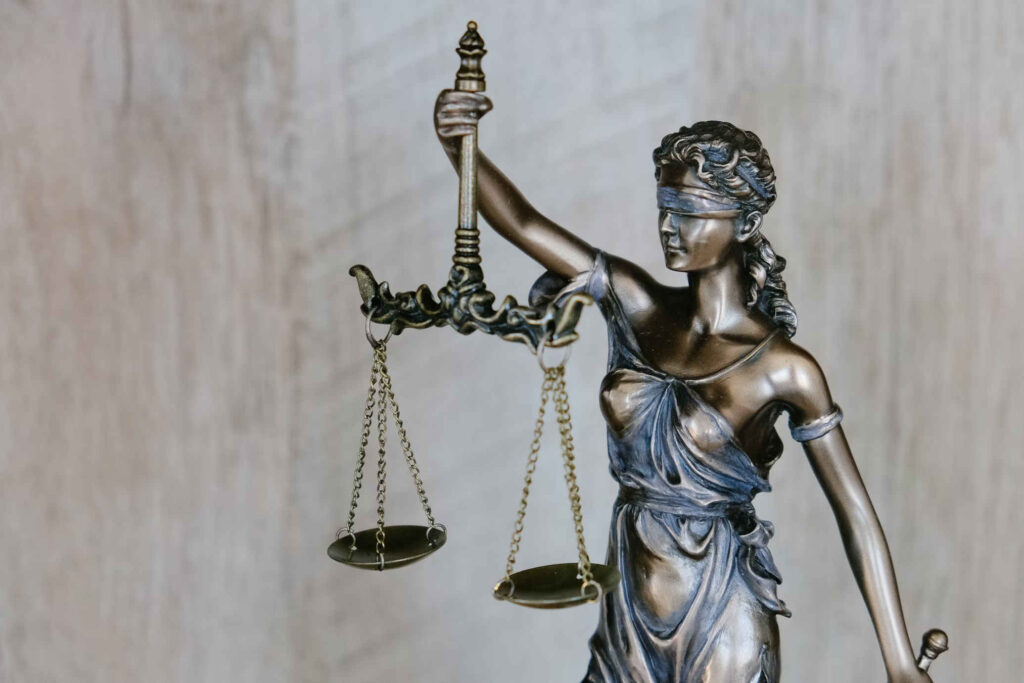A King’s Counsel has lodged a formal complaint with the Government’s Regulations Review Committee regarding a forthcoming requirement for compulsory tikanga Māori studies for law students.
Gary Judd KC told legacy media that the legal curriculum has traditionally focused on ‘proper law subjects’ like criminal law and torts. He argued that tikanga, rooted in Māori cultural beliefs, should not be equated to law, calling the mandatory inclusion symptomatic of a ‘dangerous trend’ to impose certain beliefs on the legal community.
Deputy Prime Minister Winston Peters supported Judd’s objections, calling the requirement ‘cultural indoctrination’ that shouldn’t be forced onto law students.
Tikanga is not law. It is cultural indoctrination.
A senior, highly respected King’s Counsel with decades of experience in our law courts, Gary Judd KC, has filed a complaint about compulsory tikanga Māori studies for law students – highlighting the utter depths of absurdity…
— Winston Peters (@winstonpeters) May 7, 2024
However, Jane Kelsey, an emeritus professor of law at the University of Auckland, disagreed, claiming the curriculum rightly reflects New Zealand’s historical and cultural context.
Kelsey noted that while the new curriculum recognises the value of tikanga Māori and its legal importance, it may be implemented too quickly. She called for better understanding among academics about the nuances of Māori traditions and how they align with the Treaty of Waitangi and common law.
The New Zealand Council of Legal Education, which introduced the changes effective 2025, has so far defended the requirement. It argued that teaching tikanga is essential given its growing presence in New Zealand’s legislation and acknowledgment by the Supreme Court.
According to the council, those seeking admission to practice law after January 1, 2025, will need to meet the new requirements, while earlier graduates or those with qualifications less than 10 years old will not. The council maintains that proper procedures have been followed and remains committed to addressing concerns before the Review Committee if required.
Image credit: Tingey Injury Law Firm

Politicised education. Why not Chinese culture, Indian and God forbid Anglo culture, with more besides?…lots of different ethic groups in NZ…not just one…or is being here “first” all that matters? If so, why?
Query. Would it be possible for English culture? We are subjects of the Crown right?
Yep that’s Anglo-Saxon my friend…..
First? Plenty of evidence to suggest otherwise which has been conveniently covered up
One just needs to understand the historical context of common law and what it is to know that tikanga is a cultural equivalent to the Western form or English common law, otherwise known as customary law. Tikanga is Maori customary law, and is protected under Te Tiriti o Waitangi. Its application in Westminster legal system may be difficult, but not impossible, hence the courts recognition to date and so, the need to teach it to law students. It’s appalling that a KC could be so ignorant and thinly veiled in their bigotry. And anyone who doesn’t know what Tikanga is or can’t remember the basic roots of customary law AKA common law should go back to or start entry level law, and take the current elective on tikanga at law school, like I did. #basicfacts
Historical Context and customary law you say? Okay here an abstract from Wiki. During the period of enslavement the Māori invaders forbade the speaking of the Moriori language. They forced Moriori to desecrate sacred sites by urinating and defecating on them.[9] Moriori were forbidden to marry Moriori or Māori or to have children. This was different from the customary form of slavery practised on mainland New Zealand.
The invaders killed around 10% of the population in a ritual that included staking out women and children on the beach and leaving them to die in great pain over several days.
https://en.wikipedia.org/wiki/Moriori_genocide
The books have been all but removed from libraries. However, some still remain in private collections.
Special privileges for one race is a departure from democracy. It would only bring contempt and violence. An example of this would be Maori owning a natural resource like water. In simple terms it would be a tax from one race to another for channelling the most necessary resource every human needs. Where is that going to end up?
@GlobalistsSuck yes, being here first does matter if you want a legitimate legal system to be imposed that was not that of the indigenous people (tikanga). It’s a basic principle of international law, which applies since the Crown signed the Treaty. Sad people like you don’t know that and instead engage in the culture wars of the uninformed.
No it really doesn’t but feel free to keep bleating, at the expense of everyone else…
Bigots can’t even read properly. That wiki says Maori were in New Zealand several hundred years before Moriori. So what’s that got to do with customary law and Tikanga? Are you trying to remind us of the colonists wars against the Maori? Neither wars are relevant to the question of whether the legal system can or should recognize tikanga, alongside common law, since both are customary law and the context of a Treaty. If you don’t have law systems knowledge then you are unfit to comment. Just blind hot air.